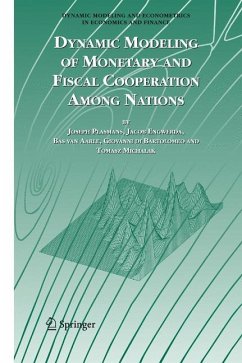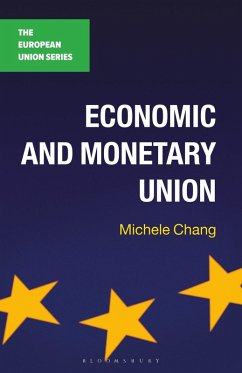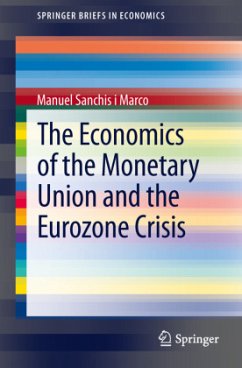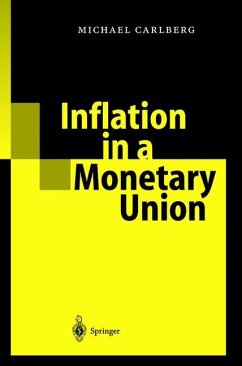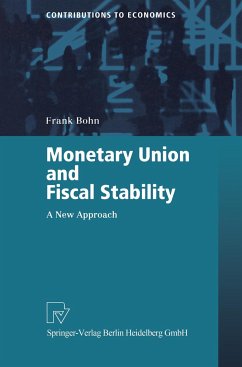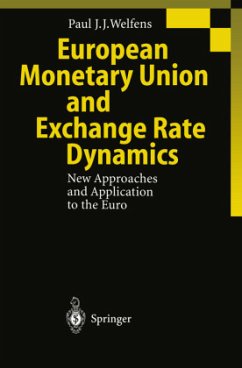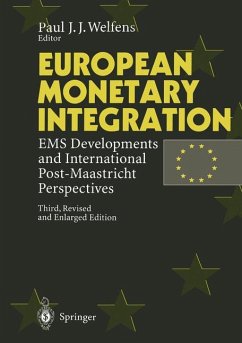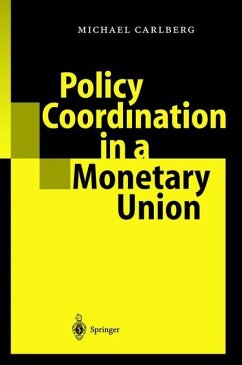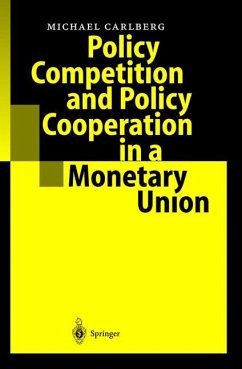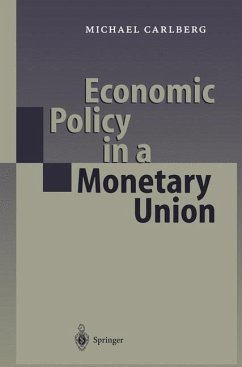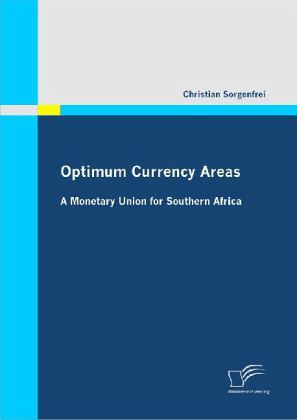
Optimum Currency Areas: A Monetary Union for Southern Africa

PAYBACK Punkte
0 °P sammeln!
With the current situation in the European Monetary Union in mind, a Monetary Union in other parts of the world seems highly inadvisable. Nevertheless, Africa has some of the oldest Monetary arrangements in the world, dating back to the beginning of the 19th century. Is Africa particularly qualified for a Monetary Union? And furthermore, what features are necessary to make Monetary Arrangements between countries endurable? This study evaluates the prospects and the feasibility of a monetary union in the Southern African Development Community (SADC) from an economic point of view. Both the theo...
With the current situation in the European Monetary Union in mind, a Monetary Union in other parts of the world seems highly inadvisable. Nevertheless, Africa has some of the oldest Monetary arrangements in the world, dating back to the beginning of the 19th century. Is Africa particularly qualified for a Monetary Union? And furthermore, what features are necessary to make Monetary Arrangements between countries endurable? This study evaluates the prospects and the feasibility of a monetary union in the Southern African Development Community (SADC) from an economic point of view. Both the theory of optimum currency areas and the recent example of the European Monetary Union are employed to analyze the pros and cons of monetary unification. The theoretical implications are operationalized, first, by a broad analysis of economic and socio graphic data, and second, by estimating the degree of structural shock synchronization between SADC countries. Results obtained by an Autoregressive and Vector Autoregressive model indicate that a monetary union which includes all SADC members is neither desirable nor feasible in the foreseeable future. However, the study concludes that a small subset of countries, including South Africa, Namibia, Swaziland, Lesotho, Mozambique, Botswana and Zambia, could gain from forming a smaller monetary union.




